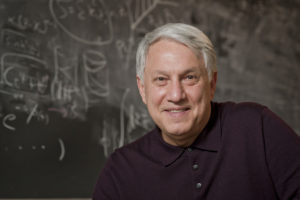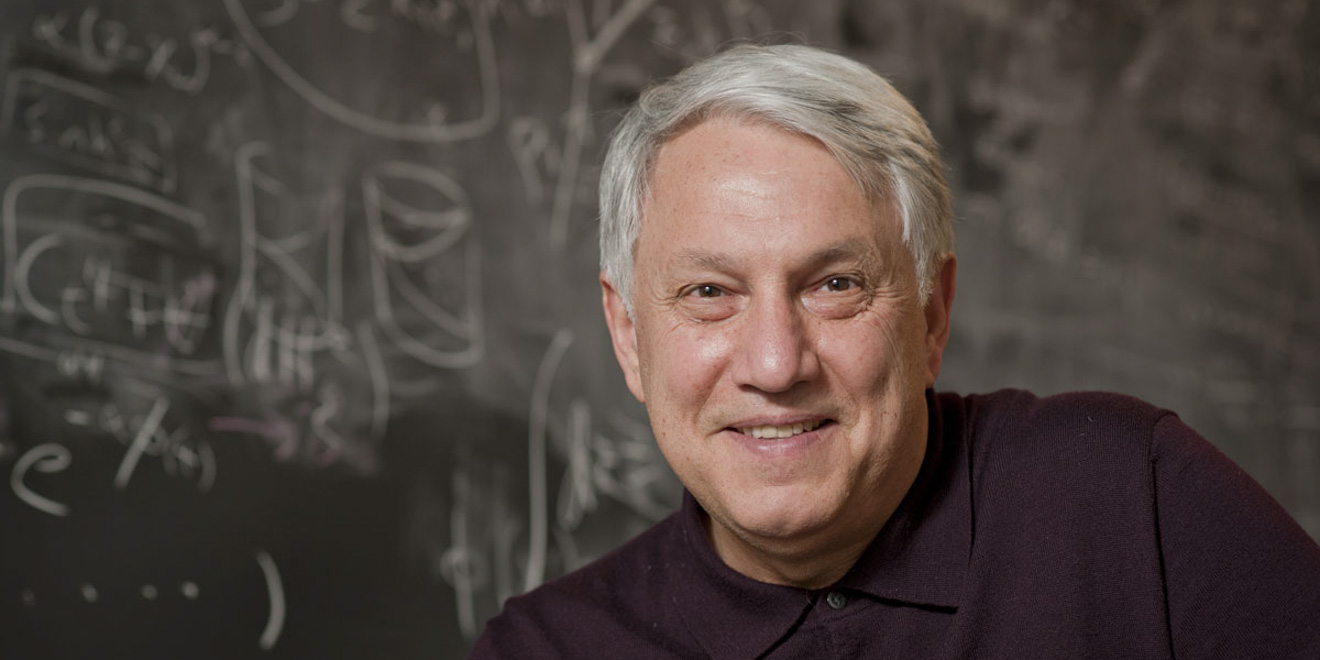Stanford scientists are pushing back against a recent argument that a long-standing “inflationary theory” about the origins of the universe should be debunked.
Inflationary theory, which was first proposed in 1980, posits that the universe expanded rapidly out of an unstable environment similar to a vacuum. Over the past three decades, inflationary theory has gained widespread acceptance.
But in February, Paul Steinhardt, professor of physics at Princeton, published an article in Scientific American contending that inflationary theory did not meet the standards of a real scientific theory, as it does not make predictions and cannot be tested.

Stanford physics professor Andrei Linde was a major contributor to inflationary theory when it was first developed. Linde, Harald Trap Friis Professor, responded to Steinhardt with a May 10 letter in Scientific American written along with Alan Guth, a professor at MIT and the original architect of inflationary theory; David Kaiser, also at MIT; and Yasunori Nomura, a professor at the University of California, Berkeley.
Thirty-three additional scientists signed the response letter, including Stephen Hawking, a well-known theoretical physicist and professor at the University of Cambridge.
The scientists who support inflationary theory argue that the theory has been supported by testing and evidence, contrary to what Steinhardt claimed in his Scientific American article.
One such test came in the mid-1990s, when inflationary theory was almost disproved. According to the theory, the universe should be flat because it is constantly expanding. Scientists briefly had reason to believe that the universe is not flat, but with the discovery of dark energy in 1998, the theory was validated again, proponents say.
Furthermore, Linde and other scientists believe that the idea’s potential to be disproved bolsters its status as a real scientific theory.
“If inflationary theory can’t predict anything, why could it appear to be dead when a prediction turned out not to be true?” Linde told Stanford News.
Other predictions associated with inflationary theory have also been borne out by other work, the scientists who opposed Steinhardt argue.
“As the work of several major, international collaborations has made clear, inflation is not only testable, but it has been subjected to a significant number of tests, and so far has passed every one,” the scientists wrote in their letter.
Contact Sarah Wishingrad at swishing ‘at’ stanford.edu.
